Projects & grants
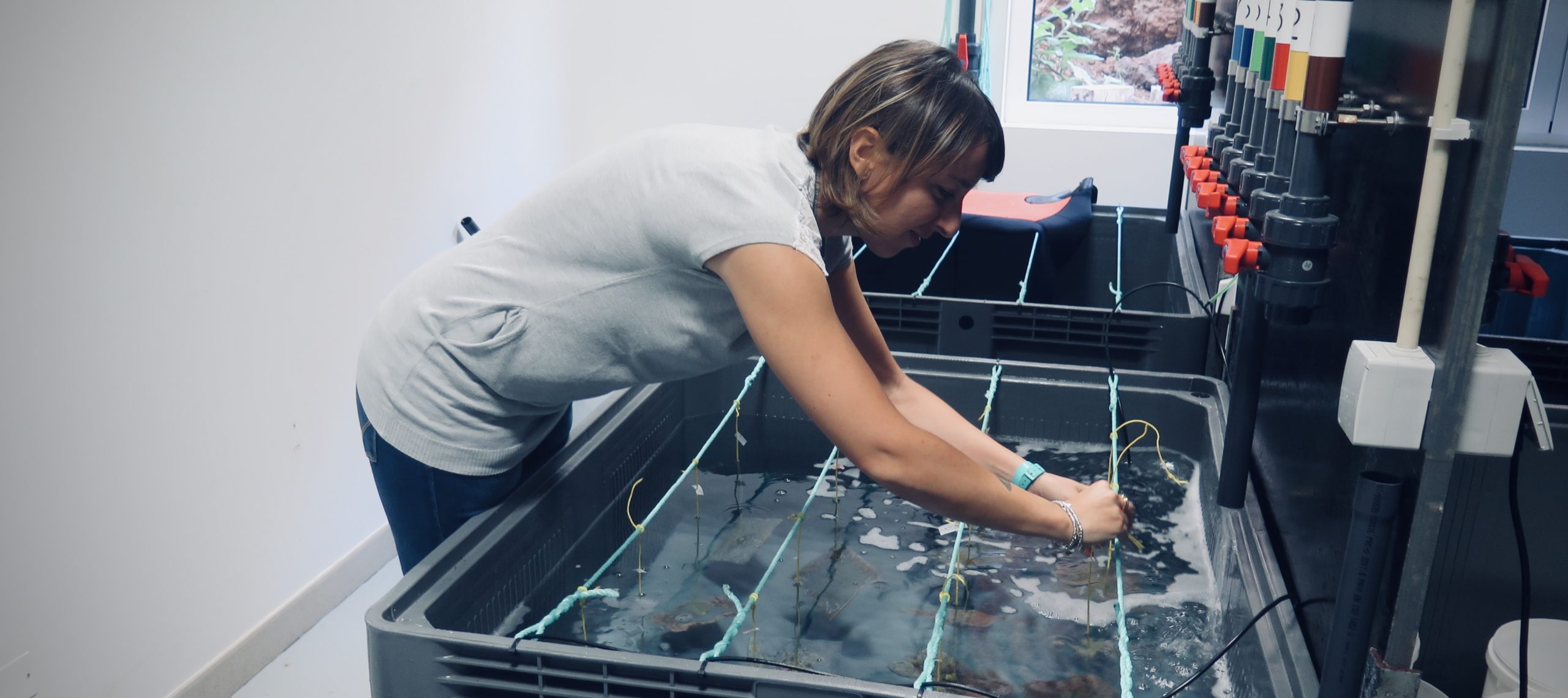
Current projects
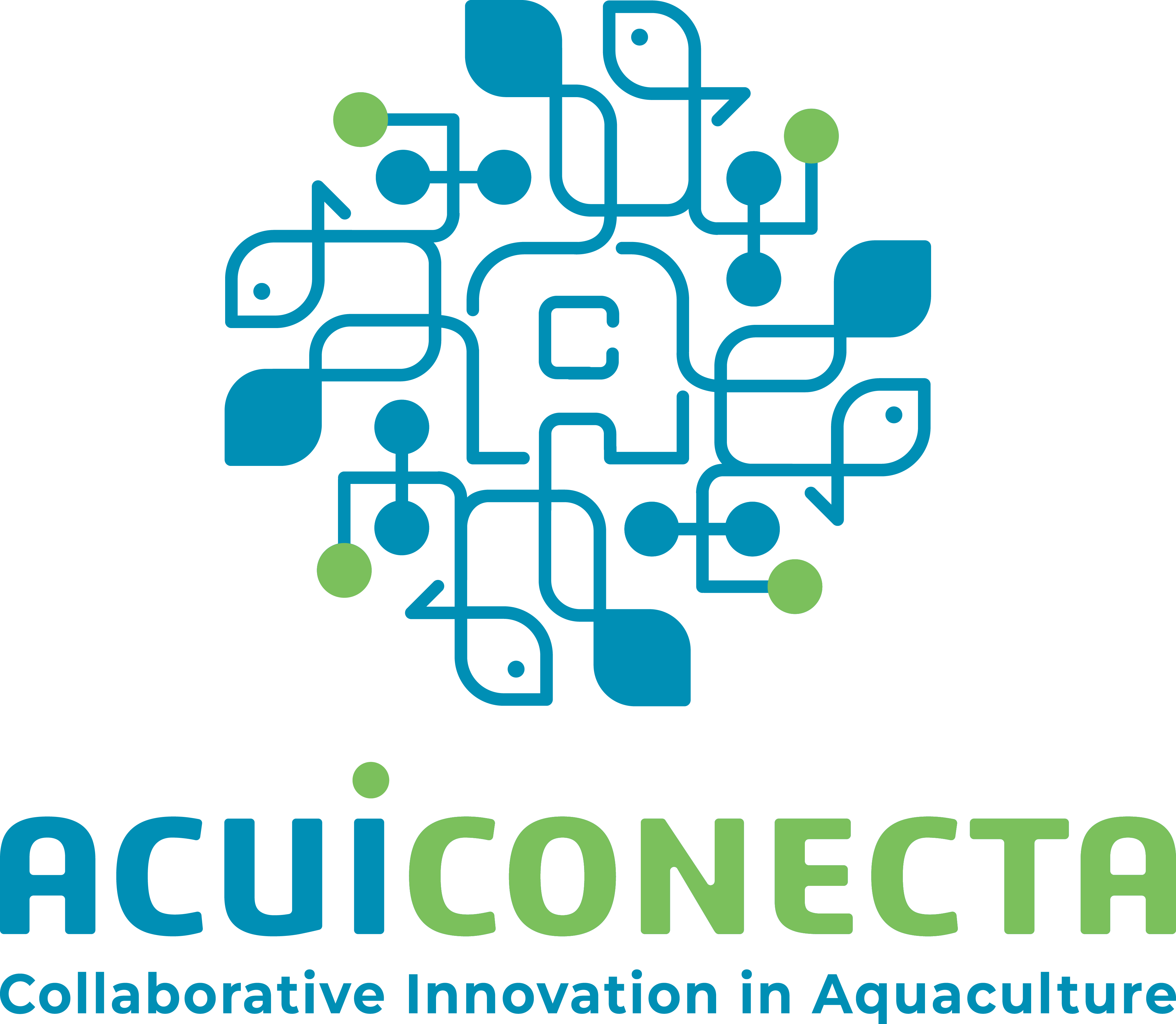
2024-2028
To strengthen the link between research, industry, and society to promote sustainable, productive, and resilient aquaculture.

2023-2026
To promote the innovation and adoption of circular aquaculture approaches for more sustainable seafood production in Europe.
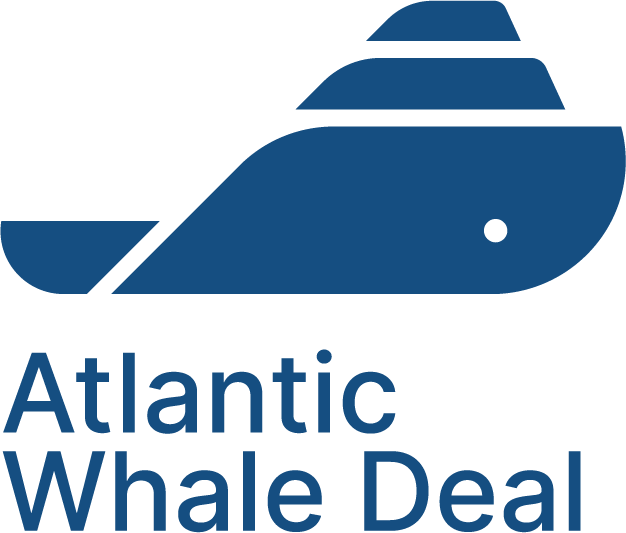
2023-2026
To reduce the occurrence of ship strikes on whales in the Atlantic for the good of all cetacean species, wider ocean biodiversity and the planetary carbon cycle.
2024-2028
To integrate marine litter into a more circular economy in the Eastern Mid-Atlantic through synergies and shared resources, knowledge and capacities in this region.
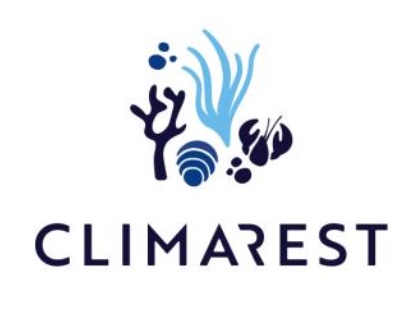
2022-2025
To develop a flexible, international toolbox that can monitor and restore coastal habitats and enhance climate resilience in coastal communities.
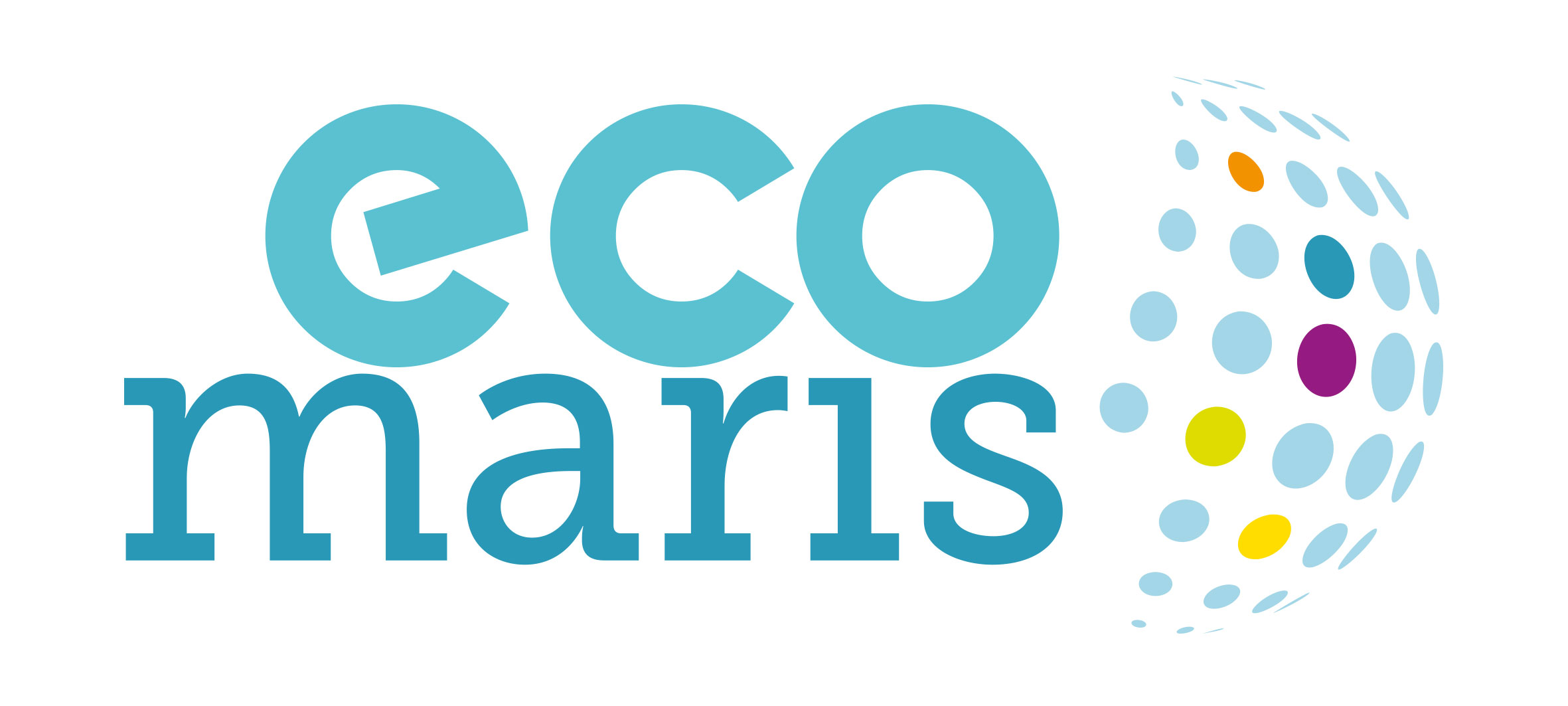
2024-2028
To promote a blue economy and coastal and marine environmental sustainability on islands by filling data gaps, aiding decision-making and supporting solutions.
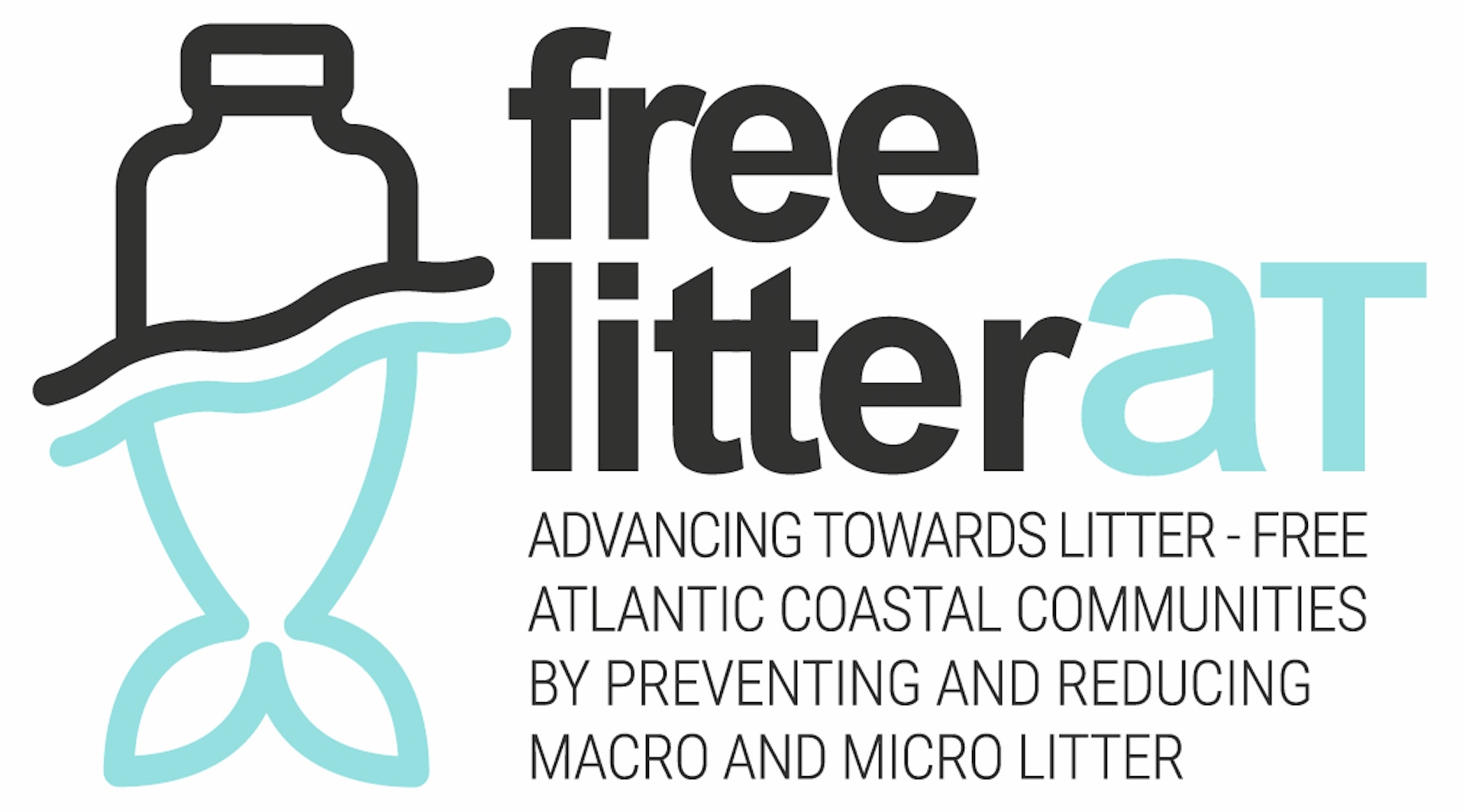
2023-2026
To free coastal communities from marine litter by investigating (and predicting) its sources, using innovative ways to detect it and supporting community actions to clean it.
2024-2028
To assess the environmental impacts of climate change on coastal and shoreline areas in Macaronesia and third countries and create predictive and risk assessment systems.
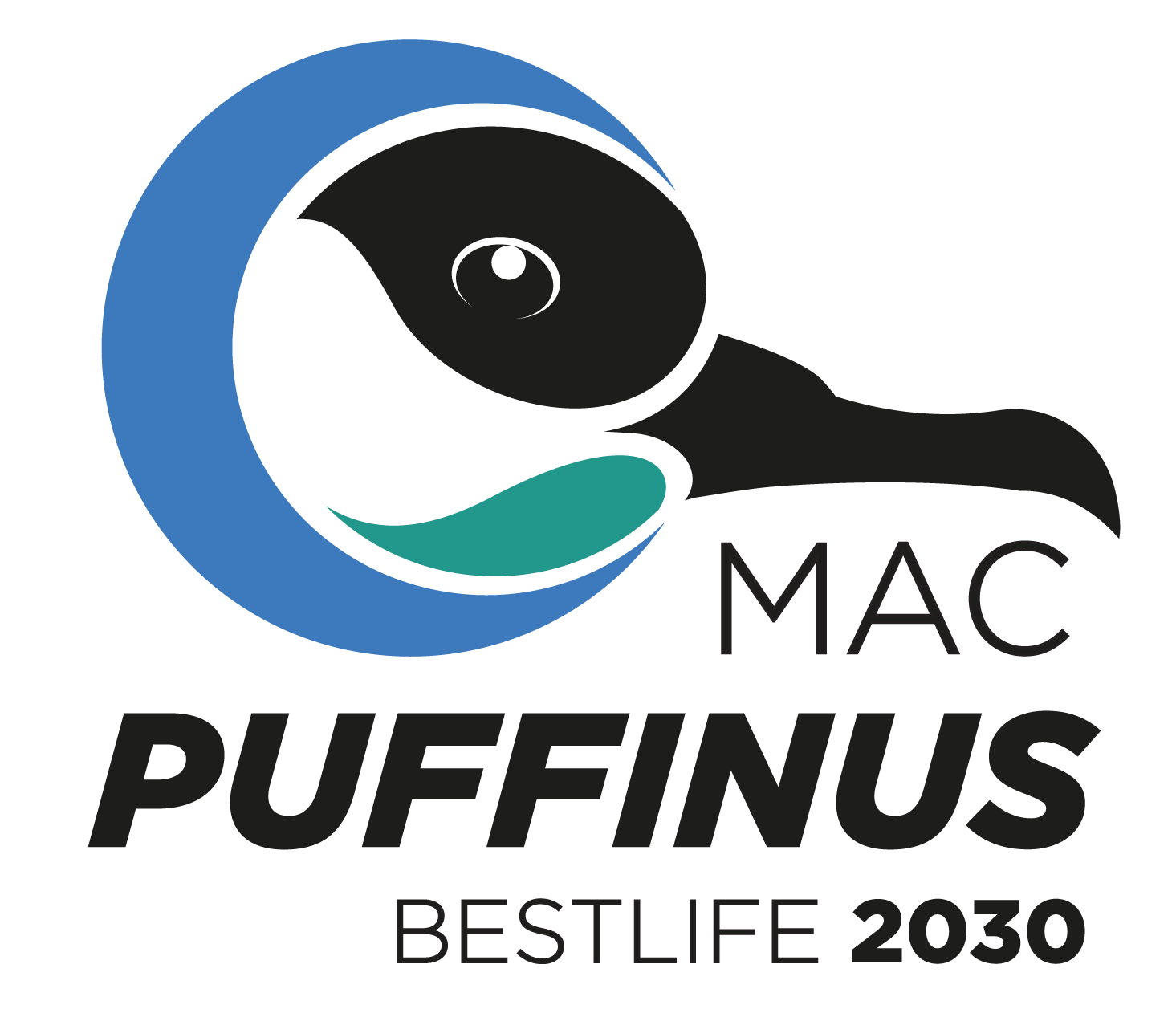
2024-2026
To aid conservation of the Manx Shearwater in Macaronesia by identifying and monitoring nesting areas, controlling predators and raising public awareness.
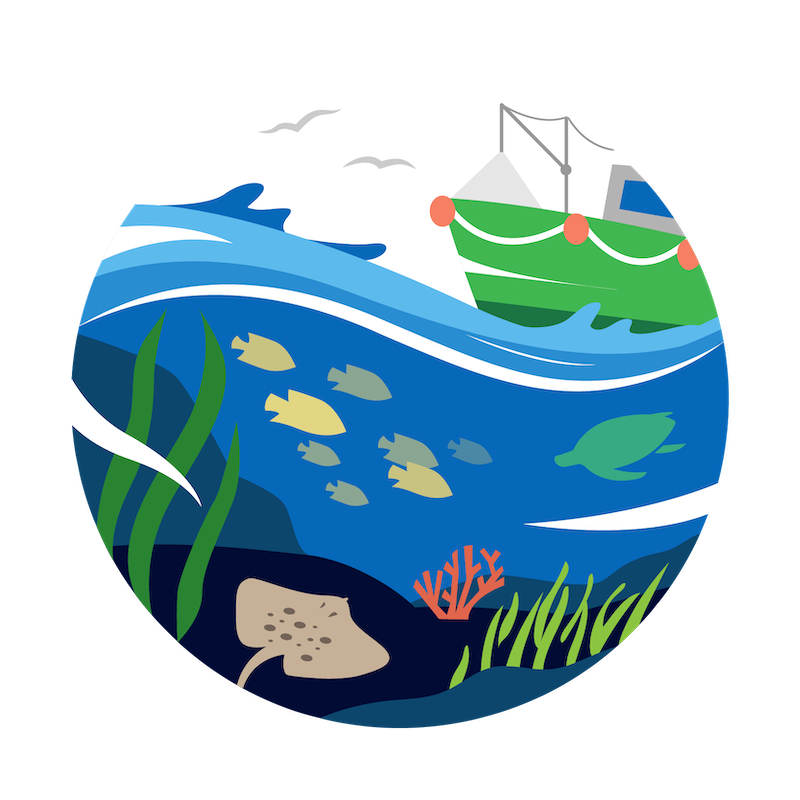
2022-2026
To improve marine management by designing a user-friendly, socio-ecological framework that will foster a more sustainable, resilient blue economy.
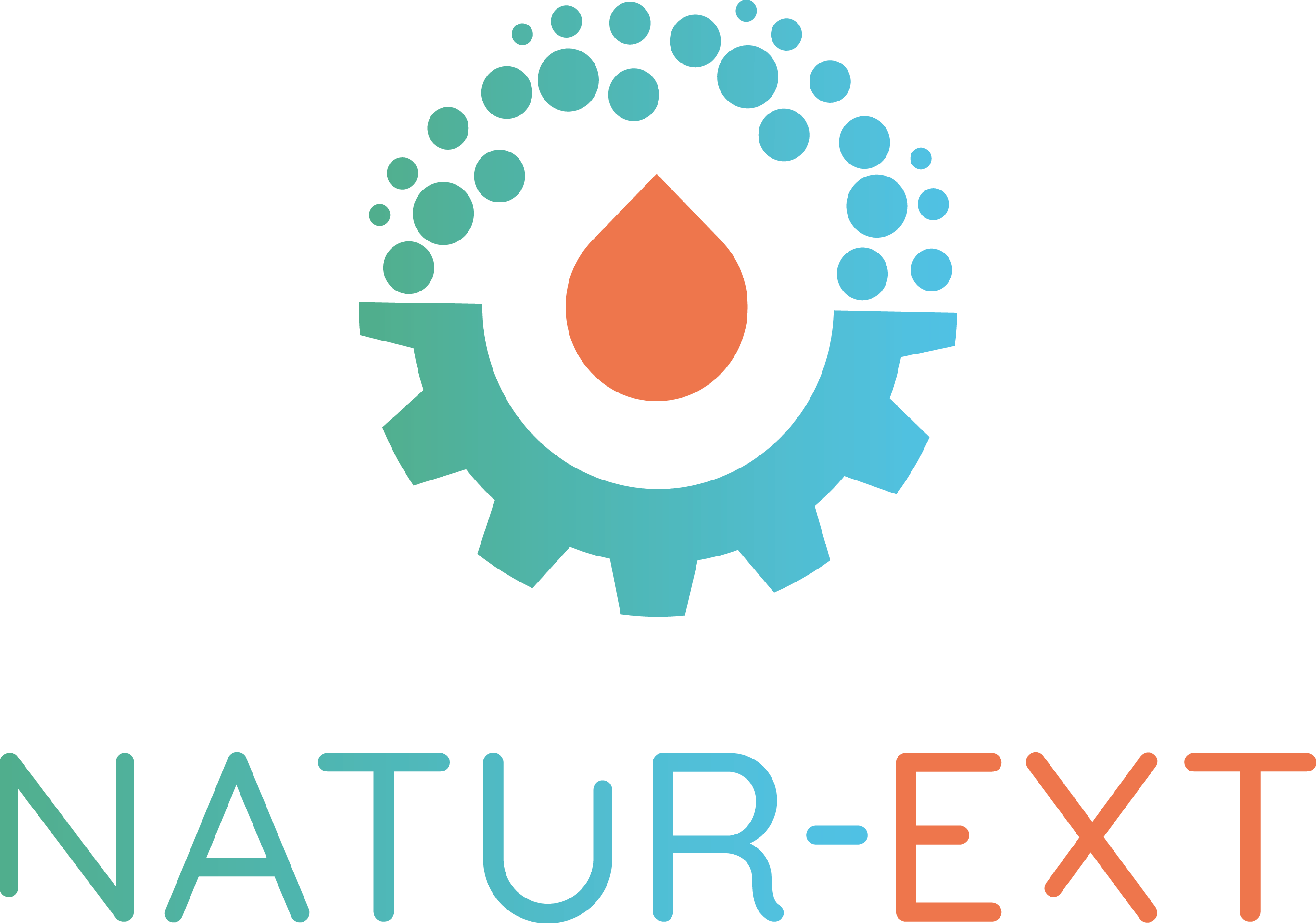
2024-2028
To identify renewable biological natural resources as a source of value for industry, science and technology, to aid the circular economy and ecological sustainability.
2024-2027
To increase deep-sea research capacity in Madeira, Portugal and improve global access to deep-sea environments by adapting and disseminating lower-cost methods and technologies.
Completed projects

2019-2023
To promote the development of sustainable and innovative aquaculture by investigating the production of marine invertebrates.
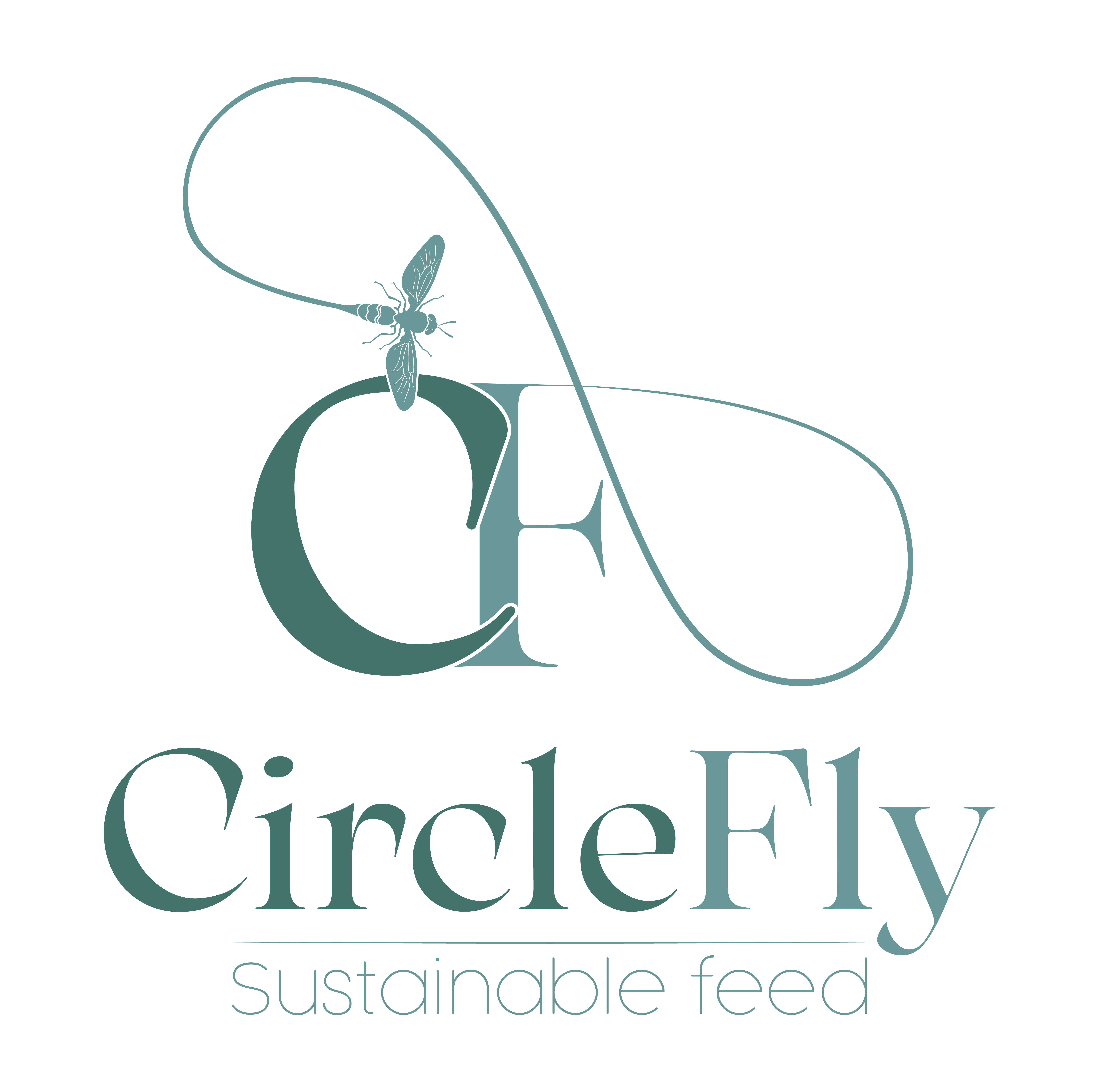
2022-2023
To develop a model for the recovery of organic waste using the black soldier fly and circular economy principles, as a sustainable source of animal feed.

2017-2023
To protect biodiversity and ecosystem services in the Atlantic Area by improving capabilities to monitor, prevent and remove marine litter.

2020-2023
To map the distribution of microplastics in water, sediments and biota from the coast to the open ocean and deep sea.

2019-2023
To understand the impact of microplastics and other pollutants along the coasts of Macaronesia by monitoring the quantity and degree of pollution and its incidence across trophic chains.
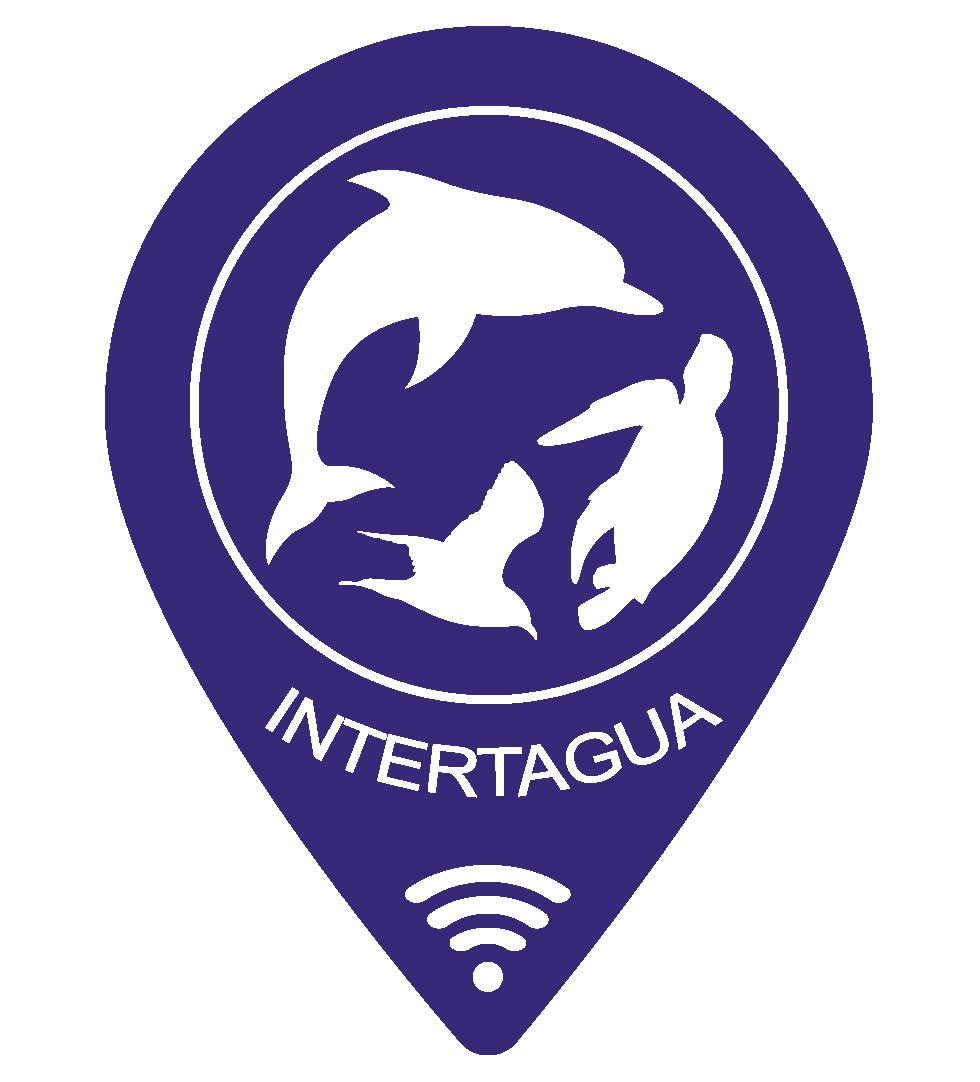
2020-2022
To develop and improve low-cost sensor systems to monitor biodiversity and the oceans, as well as related human and economic impacts.
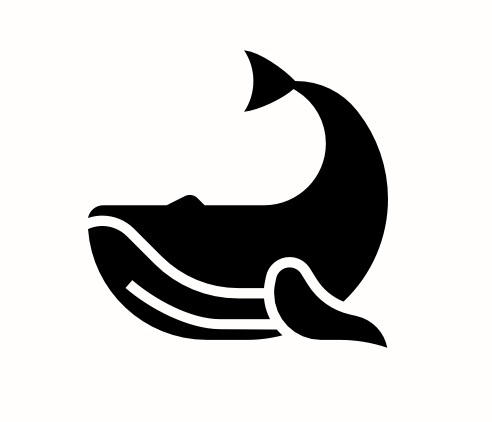
2021-2024
To improve whale-watching sustainability and user experiences by using near real-time technology for data collection and on-shore interactive exploration.

2020-2023
To create value-added products for waste reduction and the efficient use of resources, applying circular economy principles and research in aquaculture, hydroponics and microalgae.

2019-2023
To generate management tools at the local and regional level for the protection of cetaceans living in marine protected areas and to establish criteria for sustainable whale watching ecotourism.
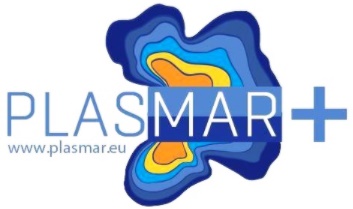
2019-2023
To develop robust scientific methodologies for the development of sustainable maritime spatial planning in Macaronesia.
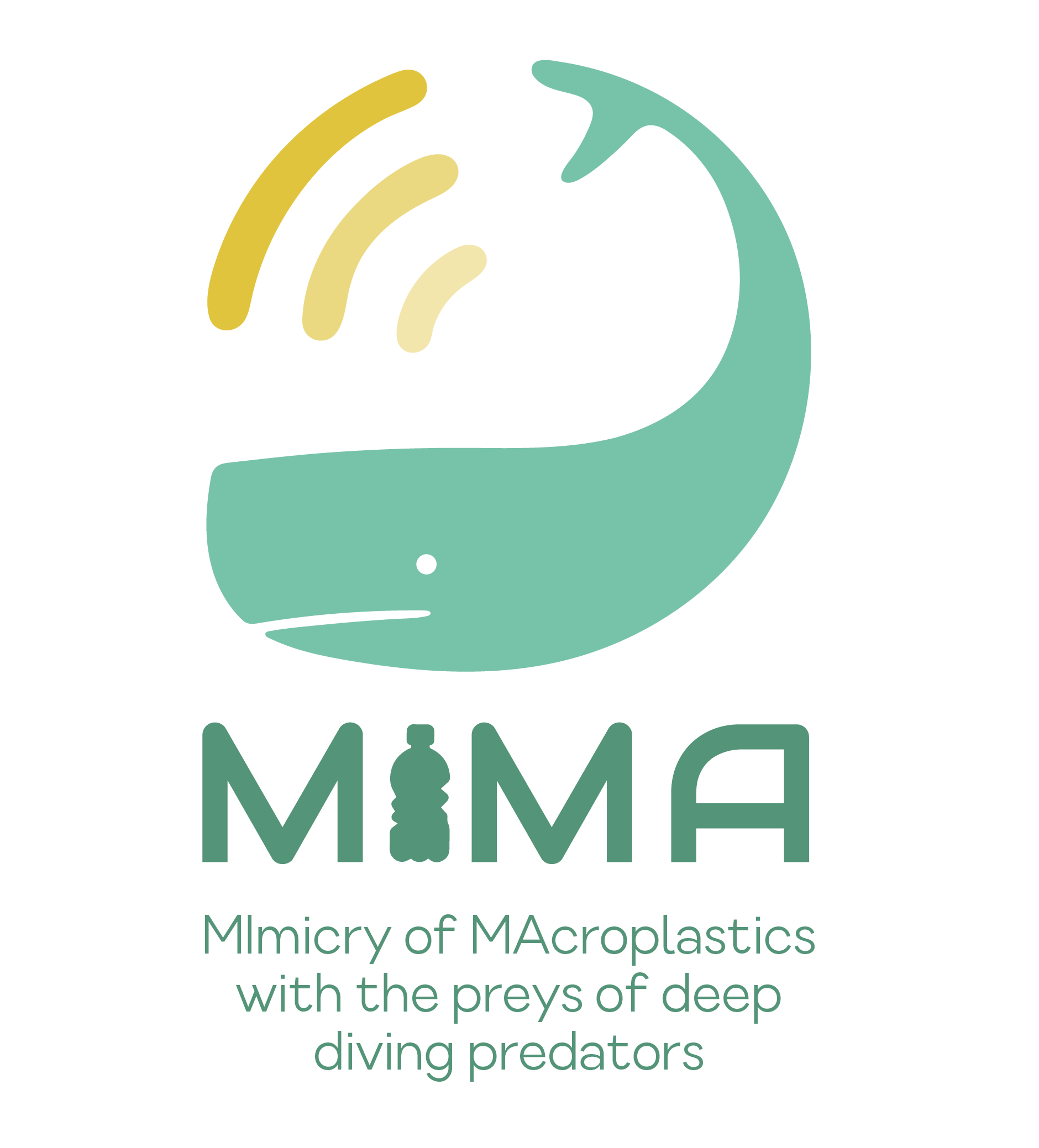
2023-2024
To evaluate plastics’ acoustic characteristics compared to those of the natural prey of deep-diving predators. Outcomes include mitigation measures in terms of plastic composition and structure.

2019-2023
To evaluate the impact of invasive species, harmful algal blooms and changes produced by global warming and human activity in marine habitats.

2019-2023
To reduce marine debris, help conserve and restore coastal and marine protected natural spaces in oceanic archipelagos.

2019-2022
To increase our scientific knowledge on the habitat use and health of the sperm whale in the insular environments of Macaronesia.